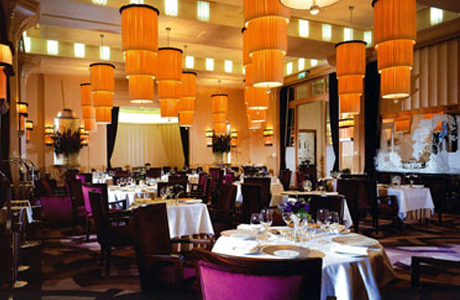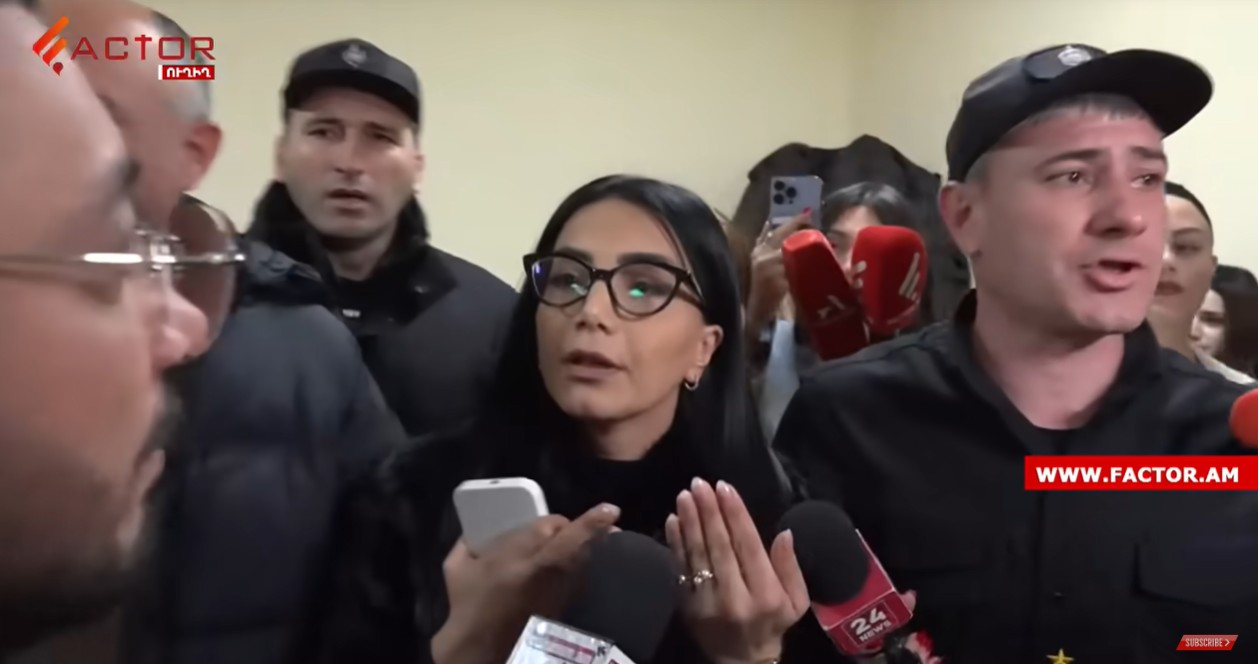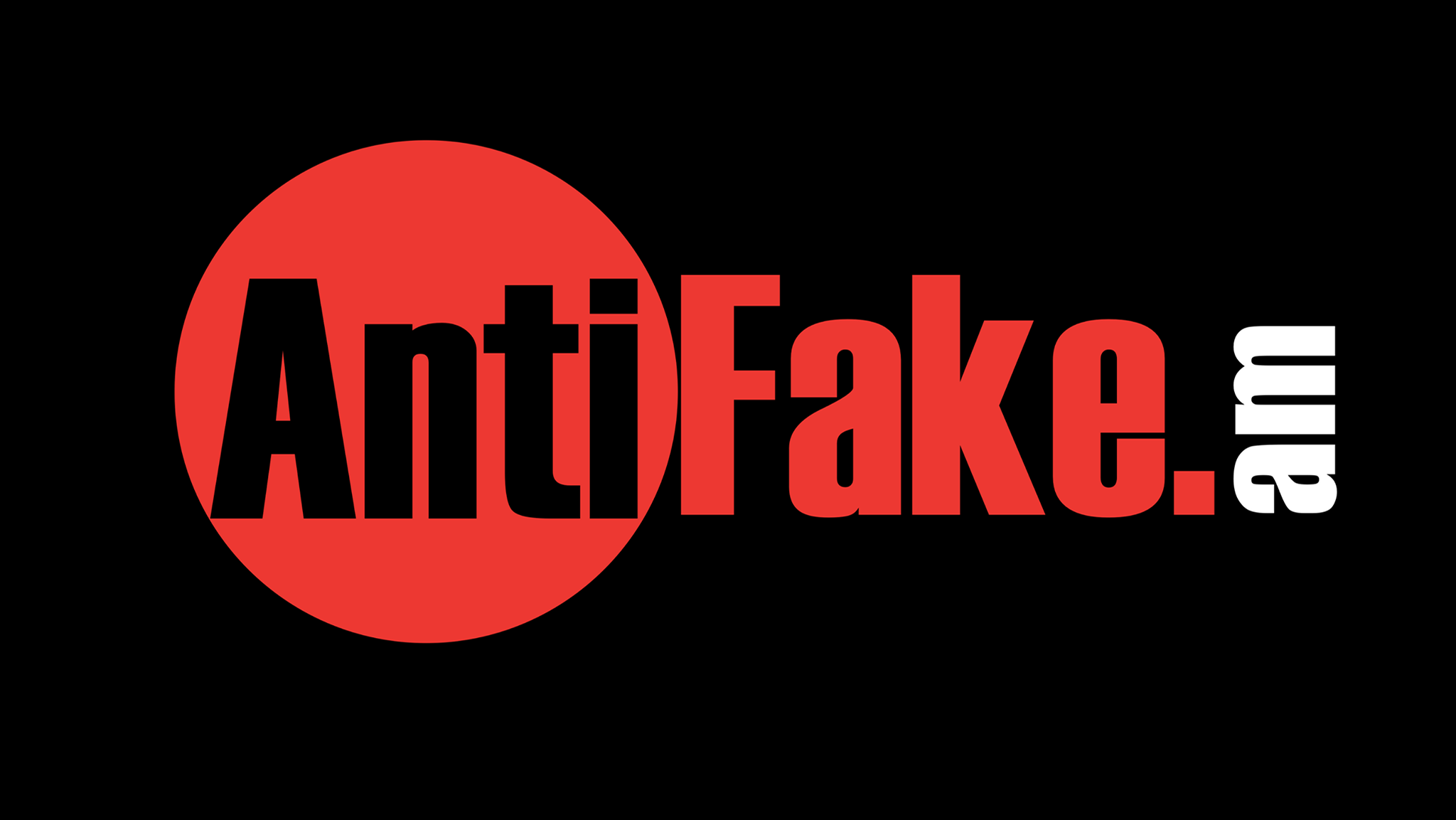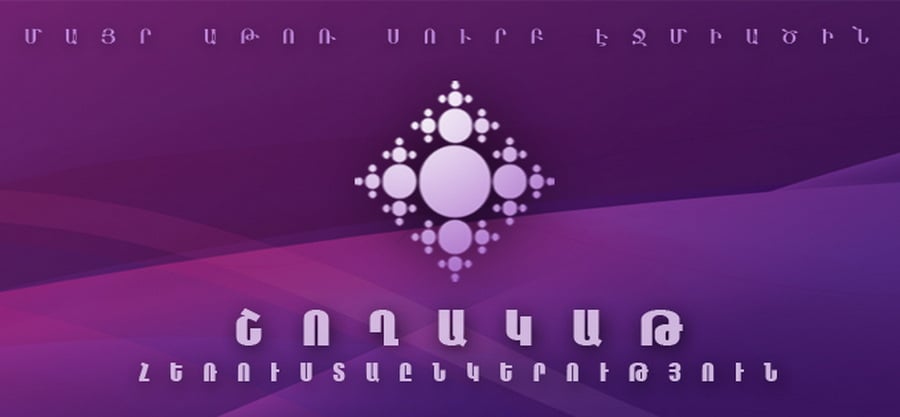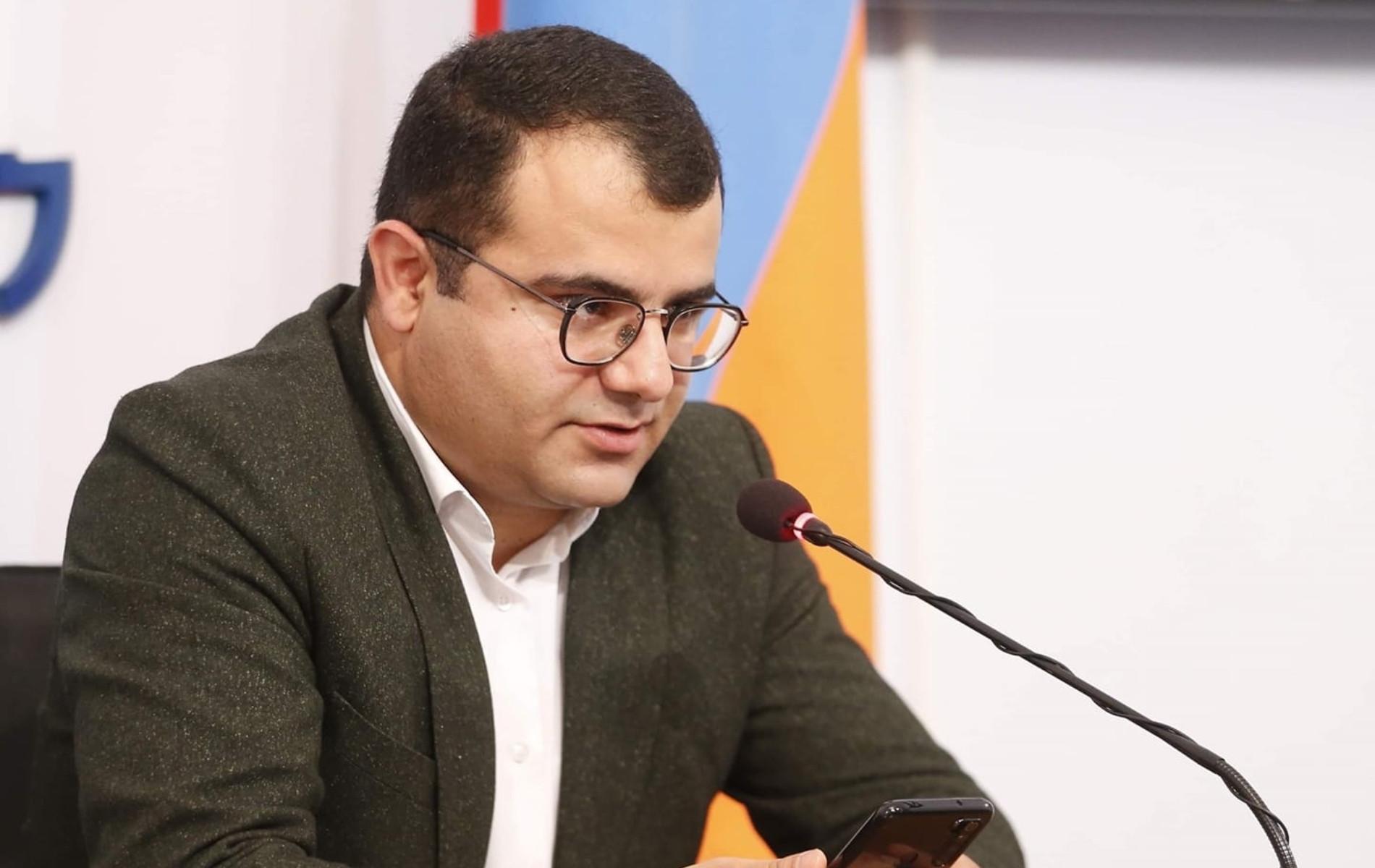Uncontrolled expenditures of top three leaders of the state
Since 2017, information about the procurement related to the top three leaders of the state, is confidential. This was enshrined in December of 2016, with the changes made in the RA “Law on procurement”.
Still in 2013, the Ministry of Finance challenged the security of the RA President, the Prime Minister and the Speaker of the Parliament, and thought that it had direct connection with the confidentiality of their representational expenses, i.e. ceremonies, accommodation, food and transport services. To what extent this agency has the power to deal with security issues, that is a different matter. Of course, these changes had political implications: sub-legislative ground was being prepared for the RPA, first of all for future officiating of Serzh Sargsyan. It was typical to those authorities to bring to minimum the freedom of information.
When the process started either President Serzh Sargsyan, or Prime Minister Tigran Sargsyan and or Speaker of the Parliament Hovik Abrahamyan in no way rejected to this, therefore it can be concluded, that it was their initiative or at least it was approved by them.
One of the authors of the legislative changes was Vardan Aivazyan, parliamentarian from RPA, head of the Standing Committee on Economic Affairs. He was sure that, for example, the place where the President takes food should be confidential; it is not necessary for everyone to know about it. Does the transparent expenditure of state budget, i.e. the tax-payers’ money somehow threaten the official? There are many questions that are troublesome: from which suppliers are made procurements; aren’t there corruption risks and conflict of interest; what are the conditions to hold the tenders; how luxuriously the guests are treated; how much money is allocated to gifts and trips. The society will not know about it despite the transparency and accountability principles.
These questions were the reason, that in 2014 the draft underwent serious criticism in the parliament, then it was forgotten, and then, on December 16, 2016, hastily, without serious discussions, under conditions of parliamentarians’ unawareness, the National Assembly approved the change in the law. In particular, ANC parliamentarian Aram Manoukyan revolted, that they did not manage to get familiar with the hastily introduced changes. At that time Galoust Sahakyan was the Speaker of the NA, who was not aware either, that his expenditures were hence confidential. During this period the prime minister was changed, and Karen Karapetyan came who had his description of abuse in the matter of procurements, i.e. “primitive theft”.
Minister of Social affairs Mane Tandilyan, who, still before the adoption of the law, had concerns and suspicions, today repeats: “Is there a need once again to review to what extent it is justified. What security issue there was, that was changed by this law: the answer to these questions did not exist then, I do not have them now, but I do not exclude that they exist: this is the matter. To what extent these procedures are out of the corruption schemes, is a matter of completely different discussion; correct mechanisms should be in place and run.”
Economist Ashot Khourshoudyan also expresses concerns about the legislative changes. He remembers: the proposal for the change in the law was made when the public started getting interested in the expenditures of the officials, and investigations started: “Nothing should be kept secret from the public.” Ashot Khourshoudyan says, what is called “representational costs” is a very wide concept: it can include food, receptions, gifts, even costs related to maintaining of summer houses, and in the system of all these procurements there are no clear control mechanisms.
It is true: according to the comments by the Ministry of Finance, under the line “representational costs” each agency can envisage various events and amounts; there is no clear differentiation.
What amount of procurement is it about? How much money is kept secret? According to the data provided by the Ministry of Finance, representational costs of the RA President in 2014 was AMD277,3mln, Speaker of the Parliament – AMD139,9mln., RA Prime Minister – AMD90,1mln. In 2015, that amount was respectively AMD261,6mln., AMD179mln., AMD105,5mln.; in 2016, AMD210,9mln., AMD150mln., and AMD93,2mln. By the way the President and the Speaker of the NA have almost spent the allocated amount; and the Prime Ministers had certain savings. Another interesting fact is that the amounts of the money spent by the Speaker of the NA and the Prime Minister taken together are either less or equal to what the President has spent. If we add the representational costs of the three officials of the state it will make AMD507,3 mln in 2014, AMD546,1mln in 2015, and AMD454,1mln in 2016.
Irrespective of how insistent RPA parliamentarian Samvel Nikoyan was in conversation with us that after the change of the law in 2017 these data will continue to be published, and food-taking place of the top three officials will be confidential, and not the amount spent, the Ministry of Finance informed us about the opposite: starting 2017 no information is being provided about these costs.
So, the very controversial changes made in the “Law on procurement” made the information about almost half a billion Drams allocated annually from the state budget inaccessible to the journalists and to the public. Whereas it is impossible to combat corruption and demand accountability of the authorities while leaving out the top three officials of the state.
HASMIK BUDAGHYAN
CPFE expert

